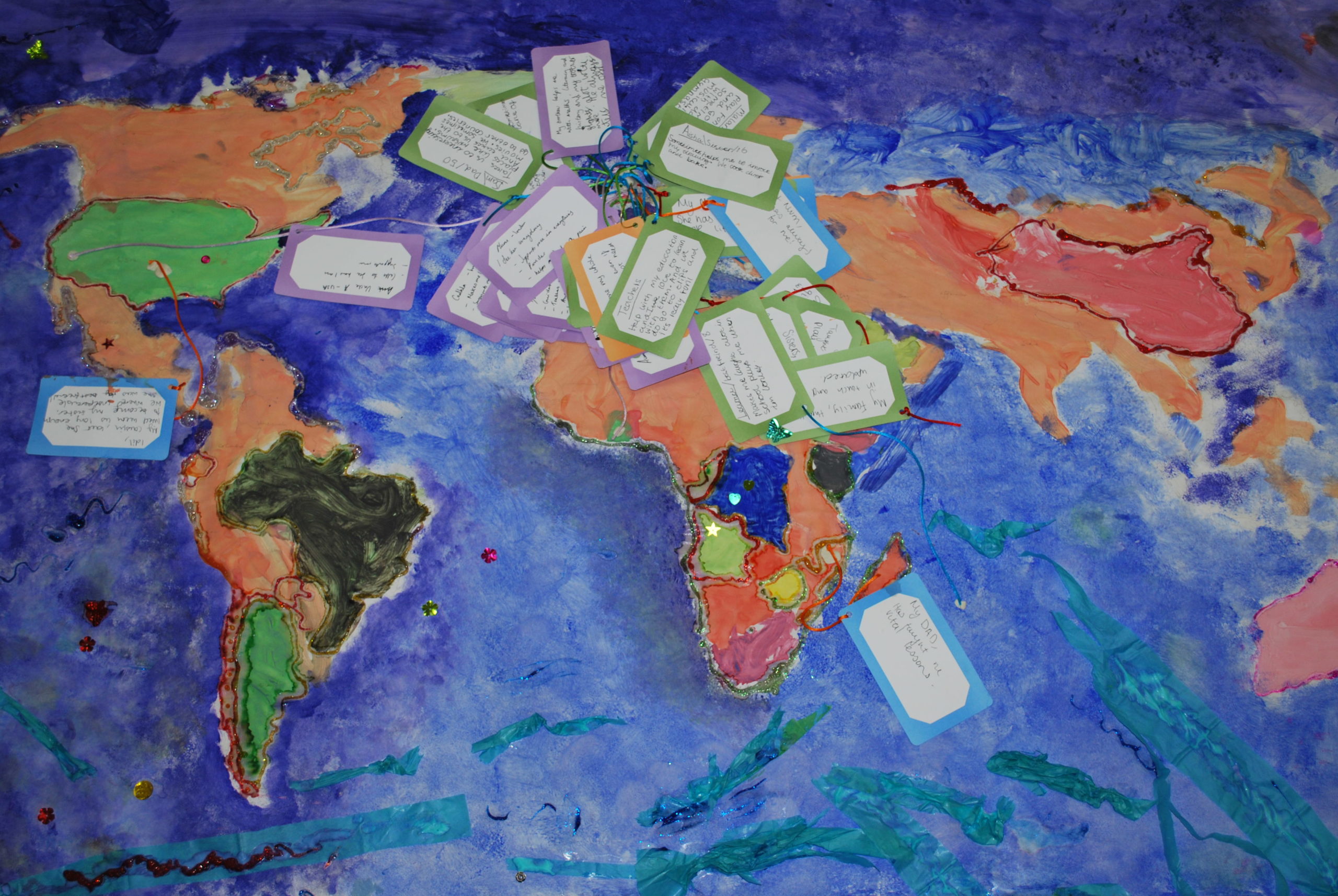Hidden inequalities in access to health, social care and welfare support faced by refugee and other migrant families in the UK and other European countries will be investigated as part of a new £1million research project, launched this month.
Refugees, asylum seekers and other migrants who have care needs face many barriers when accessing health, social care and welfare, in addition to education and employment. These include differing entitlements depending on their legal status, which vary between countries, inconsistent rules on whether they are able to be reunited with separated family members, and a general lack of understanding of their care needs, language issues and other challenges.
The Covid-19 pandemic has also exacerbated these difficulties for transnational families, with travel restrictions preventing many from visiting relatives overseas to fulfil caring responsibilities or support one another in person after the death of close family members.
The new Transnational Families research project will gather evidence of the relationships between care, inequality and wellbeing in the UK, Spain, France and Sweden. It will engage with families to hear their stories, and will produce toolkits and training sessions to help practitioners and professionals provide more culturally appropriate care.
WORKING WITH REFUGEES ACROSS EUROPE
Professor Ruth Evans, University of Reading, who leads the project, said: “To tackle social, economic and racial inequalities around access to health and social care and welfare support, first we must understand how it affects transnational families in different European countries.
“Our project will create an in-depth, evidence-based picture of the challenges faced by refugee and other migrant families as they seek to provide care for their children, older parents and other relatives with chronic illness in often precarious circumstances.
“European immigration policies and welfare systems tend to be built around Western nuclear family models, which do not recognise the diverse caring responsibilities many migrants have for relatives in countries of origin or other transit destinations, as well as in settlement countries. By highlighting the diversity of care and support migrants provide to their relatives, whether they live close by or are separated across borders, and the difficulties they face in different European contexts, we hope to help bring about policy changes to ensure countries offer adequate, culturally appropriate support for all.”
The new, three-year international project, funded by the Joint Programming Initiative ‘More Years Better Lives’ (UK Research and Innovation-ESRC, ANR, AEI and FORTE), will look at care and inequalities among different generations of transnational families in the UK, Spain, France, and Sweden, including children and young people, and the impacts of the pandemic. The four countries have contrasting welfare and migration models, allowing the researchers to study the impacts of varying polices on families, and also study families’ multiple migrations within Europe.
Researchers will work closely with refugee and other migrant support organisations to co-produce evidence, and also with regional, national and international policymakers to achieve policy impacts.
IMPACTS ON CHILDREN
Europe faces considerable challenges in providing care for increasingly ageing populations, which has been particularly evident during the pandemic. Low paid migrant health and social care workers are often helping to fill such gaps in care provision, with the second highest number of international migrants (82 million) after Asia, while migrants’ own care needs are often overlooked.
Examples of inequalities faced by transnational families with care needs in European countries include being unable to access healthcare, welfare support, education or employment, due to their legal status, language barriers and bureaucracy and a lack of cultural understanding by professionals.
Long delays or refusals to allow relatives to join their families in Europe, and unemployment caused by the pandemic, also has major effects on families’ wellbeing and ability to care for relatives.
These pressures may lead to children or young people needing to interpret for older generations in confidential health or legal settings or taking on other caring responsibilities, which subsequently impact on their lives, education and careers.
The project aims to create toolkits, in collaboration with the Children’s Society, for professionals who support young carers and refugee families.
Training for medical and social workers, migrant language teachers and others will also raise awareness of the challenges of access to health, social care and education faced by transnational families, and how to address them.
The project is a collaboration between the University of Reading, University of Leeds, UK, University of Aix-Marseille, France, University of A Coruña (UDC), Spain and Malmö University, Sweden.
See also the University press release


